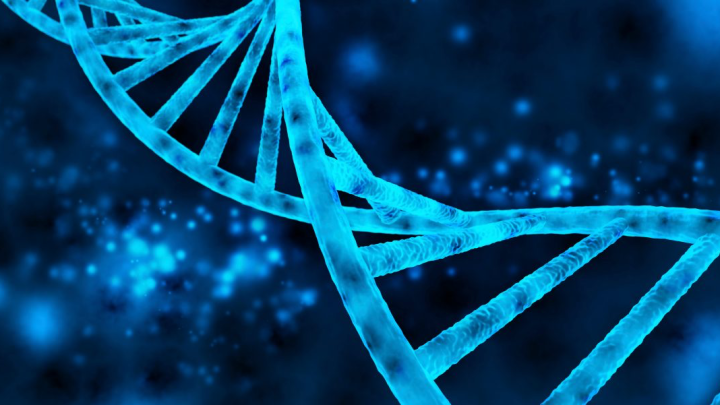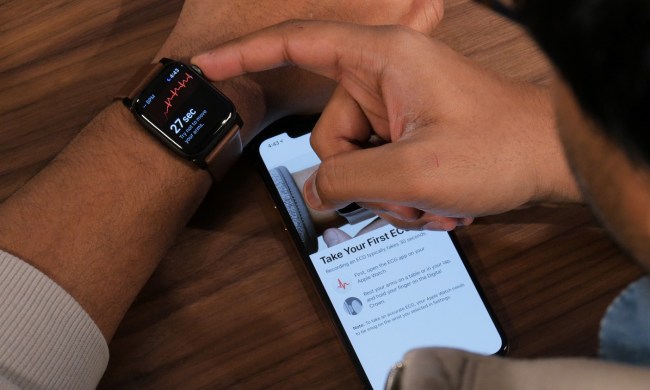
Though just six years old, Sophia Genetics has already made quite a name for itself in the health world. Its technology is employed by more than 300 hospitals across 53 countries, and is said to have conducted analyses of more than 125,000 patient genomic profiles. Promising to be “the most advanced artificial intelligence AI for data-driven medicine,” Sophia Genetics takes the genomic profiles to improve upon diagnostic abilities across oncology, hereditary cancer, metabolic disorders, pediatrics, and cardiology.
“Since inception, our vision has been to develop innovative technological solutions to help patients equally, wherever they live,” Sophia Genetics CEO and cofounder Dr. Jurgi Camblong, told Venturebeat. “Sophia acts as a real disruptor by breaking down the information silos in health care, meaning that the information from a patient in London or Paris can, for instance, help better diagnose and treat a patient in Lagos or Rio.”
But bridging those silos requires quite a bit of capital, and this latest cash injection should help the company continue refining its technology, and more importantly, increase hospital adoption of genomics testing. This is especially crucial to Sophia Genetics’ success because, like other AI technologies, its platform improves with further usage. That means that the more patient data the company can collect, the better its algorithms will be.
“Sophia Genetics is a company at the forefront of two rapidly changing technologies: genomic medicine and artificial intelligence,” Balderton Capital partner James Wise, one of Sophia Genetics’ newest investors, noted. “Giving every health care professional a standardized, straightforward, and fast way to analyze these complex data sets is an essential step to unlocking the potential of data-driven medicine. As diagnostic kits and sequencers become cheaper and more powerful, we believe that there is an opportunity to build the defining software layer on top of these technologies in genomics, just as Windows did for PCs and Android has for smartphones. And Sophia is already leading in this field.”


